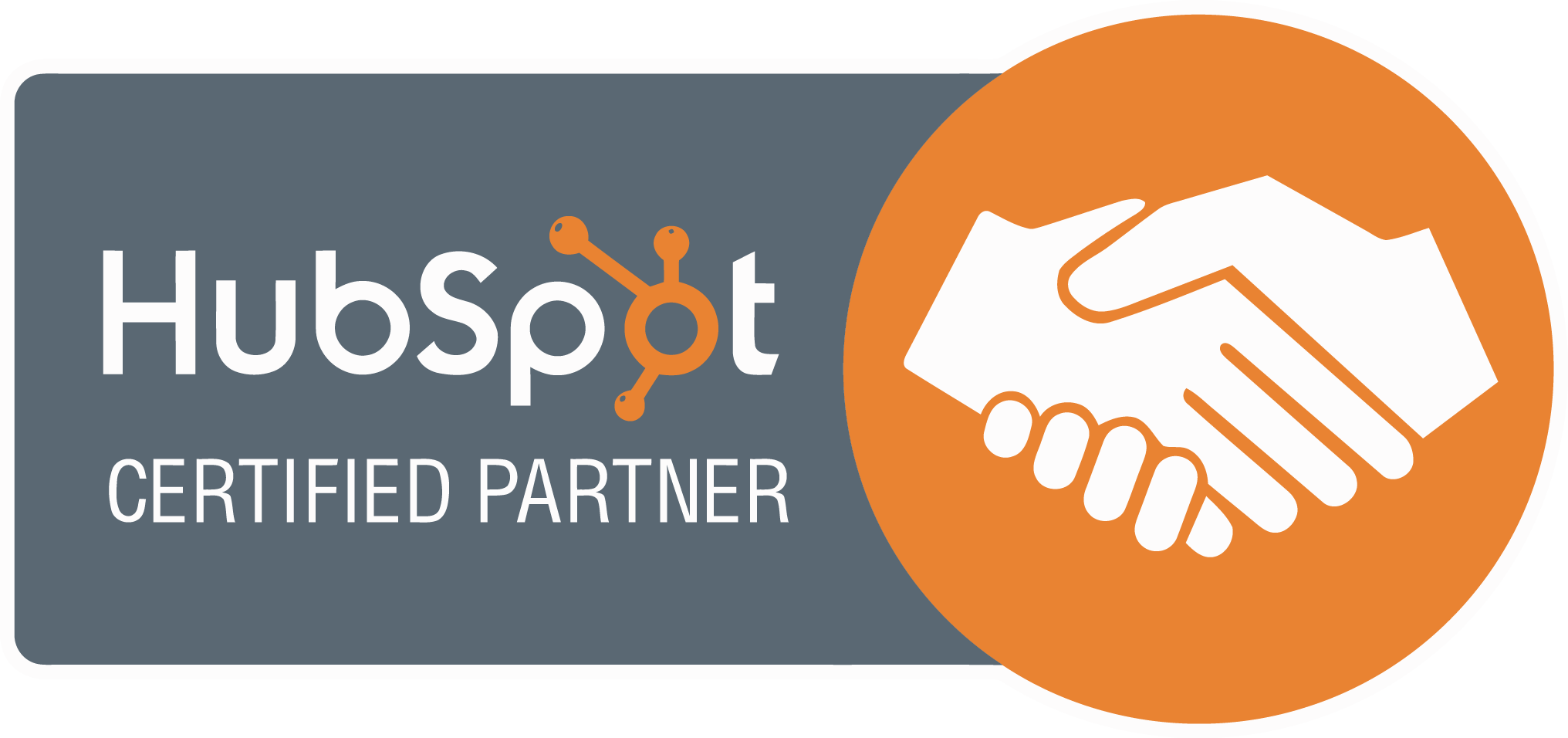Improve Search Relevance, User Experience and relevant results with Amire
The way people interact with a search engine has evolved dramatically. Users no longer rely on typing exact words or broad terms into the search bar; they now ask detailed, conversational questions, reflecting their user intent. In response, semantic search engines have emerged to deliver smarter, more accurate search results by understanding context, intent, and relationships between words.
If your website is still built around outdated keyword search strategies, you could be missing out on visibility-even if your content is highly relevant and you aim to deliver relevant results. At Amire, we help businesses transition from traditional SEO to advanced semantic search optimisation to stay competitive and connect with customers more meaningfully.
Key Takeaways:
- Semantic search focuses on the user’s search intent, not just matching keywords.
- Content must be structured for semantic understanding, covering topics rather than just targeting search terms.
- Leveraging technologies like natural language processing, vector search, and knowledge graphs improves both search accuracy and user satisfaction.
What Is Semantic Search, and Why Is It Important?
Traditional keyword search engines ranked content based on literal term matches. This often led to poor experiences, especially when users input vague search queries or user queries like ‘best ways to improve my site’ or ‘affordable legal advice near me.’ -especially when users input vague search queries like “best ways to improve my site” or “affordable legal advice near me.”
Modern semantic search engines use artificial intelligence, machine learning, and natural language processing to process human language more intuitively. They go beyond literal matches and attempt to interpret semantic meaning, identifying not only what the user types but what they likely mean, demonstrating a deep understanding of language and semantic understanding.
This shift means businesses must optimise their websites to help semantic search systems recognise and retrieve relevant data and information. based on deeper context-not just matching words.
How Semantic Search Works (Explained Simply)
When a user submits a search query, the search experience begins: the search engine:
- Converts the query into a semantic search model using vector representations
- Compares it within a vector database using cosine similarity, a measure used in similarity search
- Ranks results based on semantic meaning, intent, and relevance, not just text matches
This approach is part of a broader data searching technique called vector search, often used alongside retrieval augmented generation and knowledge graphs to deliver highly relevant search results.
It allows search systems to perform semantic search effectively, even for complex queries or conversational prompts, by considering the query’s context.
Why This Matters for Your Business Website
As search becomes more intelligent, it’s no longer enough to simply insert a few keywords and hope for traffic. Businesses need to optimise content and structure around semantic search focuses, such as to ensure an enhanced user experience :
- Understanding user intent
- Providing contextually relevant answers
- Addressing the broader topic rather than a single phrase
When done well, this improves the relevance of your search results :
- Search relevance for a wider variety of user queries
- Search experience across mobile and desktop
- User satisfaction, by delivering the answers they’re really after
- Performance in key metrics like engagement, time on page and conversions-your most critical key performance indicators
The Amire Approach to Semantic Search Optimisation
At Amire, we guide clients through the strategic shift toward semantic optimisation, which is increasingly semantic search. by combining content strategy, technical SEO, and conversion-focused design. Our process is grounded in proven computer science methods, from content hierarchy to information retrieval models used by semantic search engines.
Here’s how we do it:
1. Topic Clustering Based on Search Intent
We help businesses group content into logical topic clusters, aligning web pages around themes rather than isolated keywords. For example, a law firm might have clusters for family law, property law, wills, and estate planning-all linked from a core services page.
This structure helps semantic systems understand how your content relates across your site and supports query expansion, enhancing your authority on a topic and enabling better performance for vague search queries.
2. Content That Reflects Human Language and Interaction
Rather than just targeting literal matches, we develop copy that mirrors how users search. This includes using synonyms, answering common questions in natural language, and addressing the searcher’s intent naturally throughout the content. , and addressing the searcher’s intent naturally throughout the content.
We integrate human interaction into the copy to boost user satisfaction and ensure that your content works with, not against, semantic search models. This improves not only your search accuracy through machine learning, but also your customers’ relationship with your brand. , but also your customer’s relationship with your brand.
3. Intelligent Internal Linking
Internal links help establish semantic relationships between web pages, which in turn helps search engines understand the broader contextual meaning of your site and how semantic search works.
For example, linking your Local SEO page, your conversion rate optimisation page, and your broader services hub supports both users and crawlers in identifying topical relevance.
4. Structured Data and Schema Markup
We apply schema markup to FAQs, service areas, articles, and reviews-giving search engines more context when crawling your site. This improves your presence in featured snippets and supports advanced techniques like retrieval augmented generation and enterprise search results indexing.
5. Technical SEO That Supports Semantic Search
Speed, responsiveness, and accessibility all contribute to how well your content performs in a semantic search engine environment. We ensure your site is fast, crawlable, and user-friendly, supporting both discoverability and engagement.
The Benefits of Semantic Search Optimisation
There are a few points every business should consider when adopting semantic SEO:
- It improves your ability to reach users based on search intent, not just terms.
- It supports better engagement by improving user experience and relevance.
- It boosts long-term visibility for both broad and complex queries.
- It positions your brand as authoritative in your industry by offering real answers, not just content for the sake of ranking.
Semantic search seeks to connect people with the best answers-not just the most optimised ones. At Amire, we help you be both.
Real-World Example: Matching Intent, Not Just Words
Let’s say a user searches, “how do I get more customers online?” This query reflects common concerns among businesses.
That’s not a term that screams SEO or digital ads-but a semantic search engine will likely return websites that cover lead generation, CRO, digital strategy, and business growth. If your site offers these services and explains them in a user-friendly, structured way, semantic search will match your content to that query.
Without saying “get more customers online,” you’re still answering the question-because the system sees the semantic meaning behind the query.
Are You Ready to Perform in Semantic Search?
If your content isn’t aligned with how users search, it’s not going to rank-no matter how well designed your site is, as well as your strategy for matching keywords.
At Amire, we help businesses like yours build semantically structured, user-first websites that perform across all stages of the search funnel. Whether you’re aiming to improve your visibility, increase traffic quality, or boost sales, we’ve got the strategy to help you get there.
Contact Amire today to discuss how semantic search optimisation can improve your rankings and enhance customer satisfaction. , your search relevance, and your connection with the audiences that matter.








